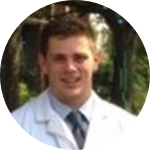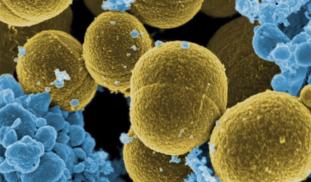Please wait...
About This Project
Sepsis is a life-threatening condition in which the body's immune response to infection injures its own tissues and organs. It is the number one cause of death in the critical care unit. To provide more effective treatment, it is crucial that we understand which cells and signals play a role in the immune response to infectious stimuli in sepsis. Our research is furthering this understanding and utilizing these findings to identify new treatments.
More Lab Notes From This Project

Browse Other Projects on Experiment
Related Projects
Disrupting cancer cell signaling through drug discovery
Most cancer-related deaths are caused by metastasis, the spread of cancer cells to distant tissues. This...
CaniSense– AI-powered blood test for early cancer detection in dogs
Cancer is the leading cause of death in dogs, yet no reliable methods for early screening exist. At testblu...
Shutting down cancer’s recycling system with exosome-based therapy
Pancreatic cancer is one of the deadliest cancers because its cells survive by recycling their own components...





